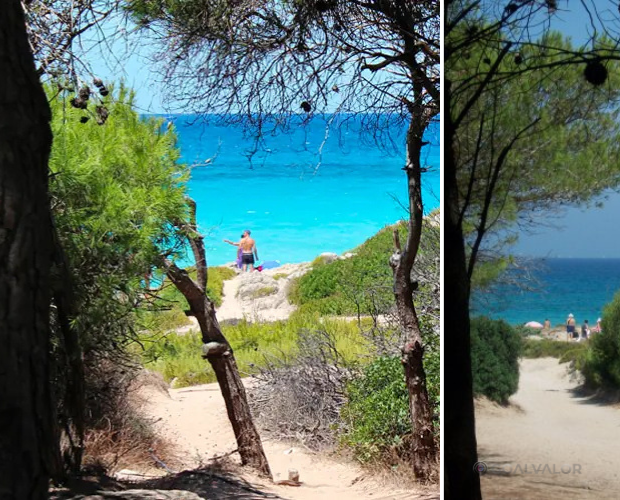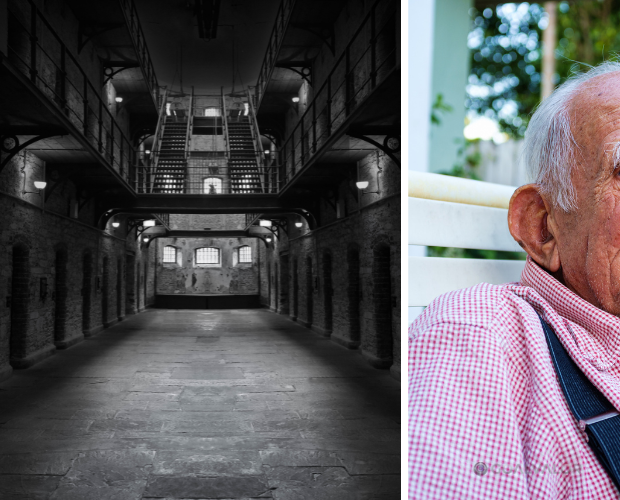What if true luxury meant never setting foot on land again?
#GOALPRESS
We spend our lives chasing a destination, but some have discovered that real freedom lies in having nowhere to be. This is the case of an American millionaire who, since 1996, has made the ocean his home. Not as a trend, not to escape anything — he did it before remote work became mainstream, and long before social media started selling the illusion of the perfect getaway.
For him, the sea is not a vacation, it’s a way of life. For over two decades, he has lived aboard luxury cruise ships, with no house on land — and no desire for one. His office floats. His meetings come with a horizon view. His routine unfolds from ports he barely steps into, because his body — quite literally — is no longer made for standing still.
Over 1,150 cruises… without ever disembarking
After leaving a stable corporate job in a Miami multinational, he founded a wealth management company and turned cruise ships into his primary residence. Since 1996, he has joined over 1,150 cruises, with the Voyager of the Seas by Royal Caribbean as his main base. He lives in an interior cabin — nothing flashy — but enjoys a kind of wealth made of time and boundless views.
His lifestyle costs between $70,000 and $100,000 per year. A figure he considers perfectly reasonable: no mortgage, no utility bills, no car, no home insurance. His only luxury? No fixed roof — just the ocean beneath his feet, 24/7.
Unlike travel influencers flaunting floating suites and endless buffets, his lifestyle is minimalist. Interior cabins, simple meals, and a satellite connection to work remotely in peace. He doesn’t seek fame or flaunt his wealth. He simply wants to keep floating.
Unlike travel influencers flaunting floating suites and endless buffets, his lifestyle is minimalist.
A balance that land can’t offer
Even if he wanted to, returning to land permanently is no longer an option. He suffers from a rare neurological condition known as "Mal de Débarquement Syndrome," which makes the body feel like it’s still rocking even when on solid ground. Each attempt to return is a physical ordeal — dizziness, nausea, instability — as if the brain refuses to believe the sea is no longer beneath him.
This condition often affects people who’ve spent long periods at sea. The brain adapts to the ship’s motion, and later struggles to readjust to stability. For him, being on land triggers days — sometimes weeks — of discomfort. So he prefers to stay where his body feels balanced: at sea.
Ironically, the condition has only solidified his lifestyle choice. From his cabin-turned-office, he manages portfolios, attends international calls, and watches sunsets that change daily. No traffic, no queues, no urban chaos — just quality time, every day of the year.
A documentary tells his extraordinary story
His journey is the focus of the documentary "The Happiest Guy in the World" — a title that perfectly sums up his philosophy. He lives alone, but doesn’t feel lonely. He doesn’t touch land, yet he’s not disconnected. For him, life doesn’t have to follow conventional rules to be full.
Among cruise regulars, he’s known as "Super Mario," a symbol of an alternative kind of success — not built on property or status, but on authentic freedom.
Maybe true luxury isn’t a seaside villa. Maybe true luxury is never having to return to land.









